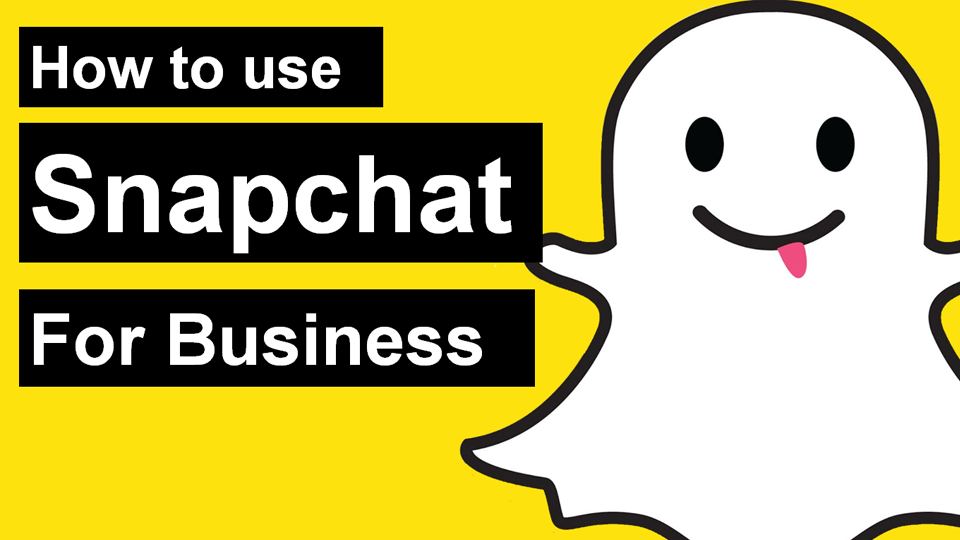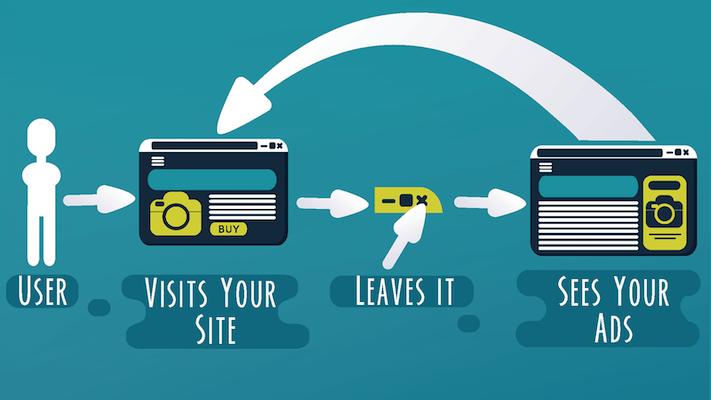Inbound marketing and SEO: the ultimate combination to attract and convert web traffic

The importance of visits in Inbound Marketing
The primary objective of Inbound Marketing is to achieve leads, i.e., to turn anonymous visits into people with names and surnames – or at least an email we can contact.
However, without traffic, it is difficult for you to convert because there will be nothing to convert. You could say that visits are the pillar of the house and that if they stop arriving, however much your conversion ratio is high or your subsequent loyalty program is excellent, it will eventually collapse. It would be similar to having an excellent store where everyone would buy, but located in a place that no one passes by. If no one sees you, no one can buy you.
The SEO, the traffic generator par excellence
The world’s largest source of web traffic is Google, no doubt. Therefore, if we want traffic, we will have to try to climb positions and position ourselves upstairs, as otherwise we will be throwing overboard a vital source of traffic.
In addition, the average Internet audience understands that a result on Google’s front page is a quality result. Therefore, your page appearing there will be a kind of initial validation that will make that person have a positive first impression, which we will then have to endorse with the content of our website.
Maybe the only catch that can be put on this type of traffic is that it’s the least faithful, to put it somewhat. A lot of the people who get on your page through a Google result tend to get out once you read what they were looking for, but that’s where you should work on a good lead-raising strategy to make that not happen.
How SEO can help Inbound Marketing?
We have seen that to execute a good strategy, we need traffic, and that the biggest source of traffic is Google. Therefore, an SEO specialist should be a fixed person within a team that aims to work on Inbound Marketing. Why is that? Because having an expert in positioning on the team, you can get all this:
- Multiplying web traffic: it is clear that the first benefit of SEO for the Inbound is the multiplication of traffic. Good positioning work can cause a website that receives 100-150 visits a day to jump to more than 1,000 in a small period.
- Discover the trends in your sector: If you want to turn traffic into leads, your company should be up to date and not say the same thing they have been saying for months. A SEO can identify trends and doubts that are emerging over time, thanks to the analysis of keywords and searches.
- Organize your website in a perfect and trackable way: a bad organization of the web makes it difficult for the user to browse and can cause the user to go where they came from. The SEO helps organize the entire web in a clear and clean way, where everything unnecessary stays out and only remains what matters and must be tracked by Google.
- Helping to set up the editorial calendar: content creation is key in Inbound Marketing, and sometimes it can be more or less complicated to choose topics to write about. Thanks to the analysis of keywords and trends I mentioned earlier, SEO can help you nurture your editorial calendar of topics that are fashionable and that will therefore generate more interaction and satisfaction in your audience.
- Avoid possible penalties and failures on the web: if you cause Google’s anger, the solution of Mountain View is to make you disappear from the results of your search engine or send you to a page that neither the curious person on the planet arrives. Sometimes, without knowing it, we pissed off Google by making all kinds of mistakes, but having a SEO on the computer we prevent that from happening and that you can throw all the previous work overboard.
Ultimately, SEO is a vital discipline within Inbound Marketing, and if you don’t take care, you’ll be missed visits and visits that could later become leads and sales. And nobody wants that to happen, right?










